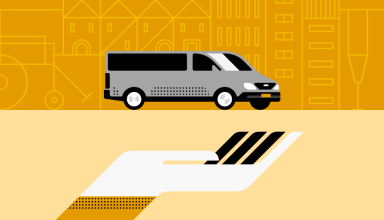
Uber said on Monday it would suspend operations in Morocco, two years after they began, as it tries to bring its business into line with local laws. Uber has already halted services in Norway and Finland as it waits for the regulatory framework to change in those countries, a sign of the less pugnacious approach the company is taking toward local authorities.
The U.S. ride-hailing company has faced bans, restrictions, and protests around the world as it disrupts conventional taxi services. But its new chief executive, Dara Khosrowshahi, has struck a more conciliatory tone after a string of controversies that emerged under the former CEO, Travis Kalanick.
“Since we launched in Morocco over two years ago, there has been a lack of clarity about new platforms like Uber and how they fit into the existing transport model,” Uber said in a statement. The company has engaged with policymakers to find a solution but “despite consistent dialogue … we have yet to see any constructive progress on the regulations and can safely say we have exhausted all measures.”
Uber will halt its services in Casablanca on Friday. It said services would resume as soon as new rules were in place. Morocco only recognizes conventional taxis and has no provisions for private hire vehicles, Uber has had to suspend its service using non-professional drivers in several European cities like Paris and Brussels, but it still operates a licensed service there.
Khosrowshahi, who took over at Uber last year, said in October that “regulating services like Uber is totally appropriate”. Uber has 19,000 regular riders in Morocco and 300 drivers, who will be provided with financial support over the next two weeks.
“We are committed to supporting the hundreds of drivers that have benefited from the economic opportunities of using the Uber app. We will be working closely with them through this difficult transition,” Uber said.











